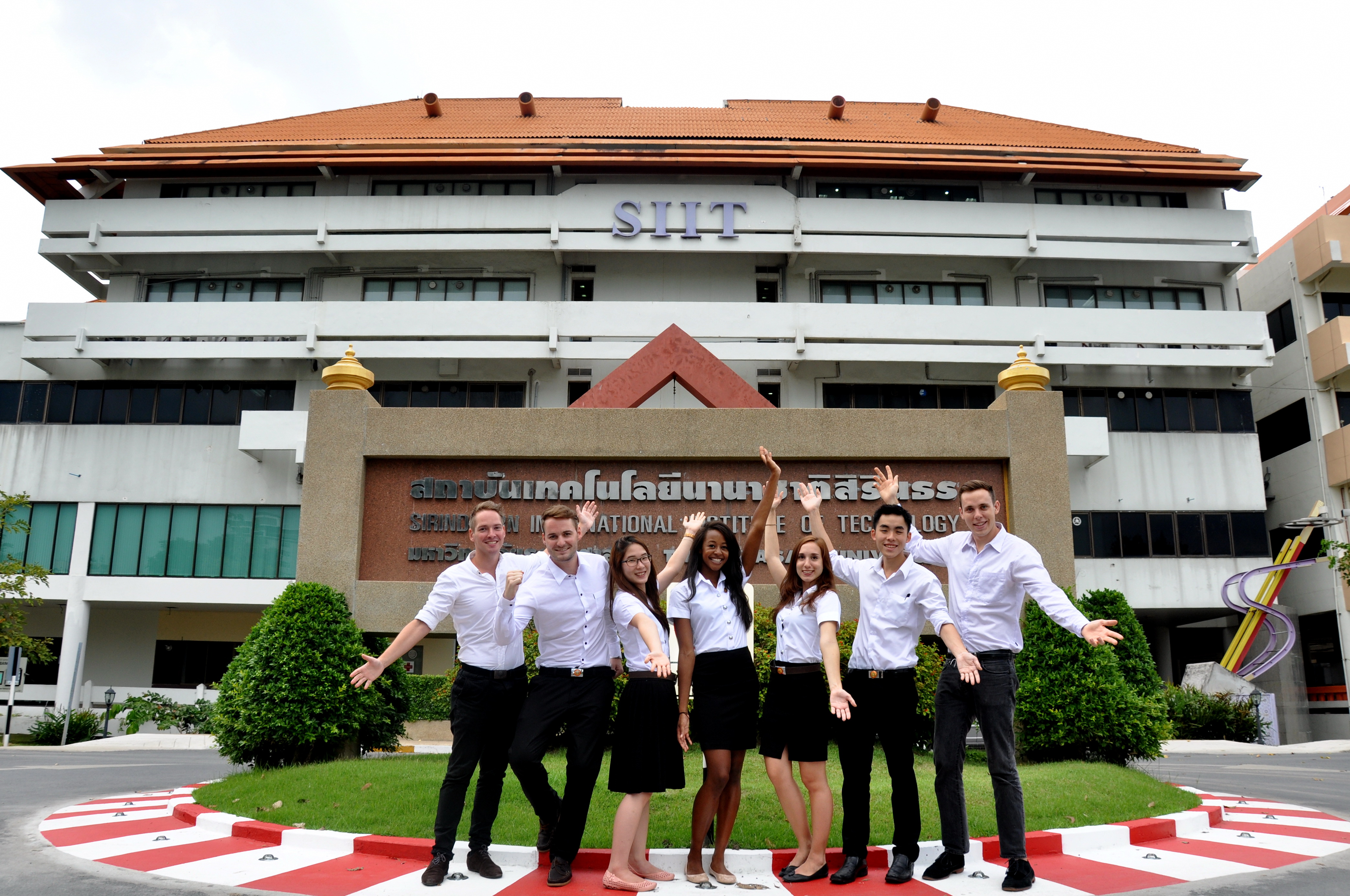There’s a lot that needs to be done before you depart for your host country, and stressing about your visa shouldn’t be one of them. ISEP Program Officer Lindsay has some helpful tips to make sure you get your visa on time.
You just got accepted to your study abroad program. The initial excitement is overwhelming! You pull up the consulate website to research the visa process. It immediately looks incredibly daunting, so you click out of the webpage and set your application aside because you are riding that acceptance high, and it’s time to celebrate. You have endless time to work on the paperwork. No worries, right? Wrong!
The time before you leave to study abroad flies by. Suddenly, it’s a month before your trip, so you think you will buckle down and start that application. You start reading down the list. You see things like “FBI background check” (8-14 week processing time), and “in-person interview” (30 day wait time). Now you are in panic mode - there is no way you will get that visa on time.
I have some good news: it doesn’t have to be that way. Here are my simple but useful tips to make sure you can sail right on through that visa application process and right into study abroad paradise.

1. Don’t procrastinate
Even if you haven’t been accepted to your program, start your research right away. Get on the website for the consulate for your region. Figure out what you need and how long the wait times are for each step of the process. Gather every cost free document that you can and be ready to go when that acceptance letter arrives.
2. Know your consulate
In the U.S., there could be many consulates for one country. For example, students from Virginia wanting to go to France apply through the consulate in Washington D.C., while students from Florida apply through the consulate in Atlanta, Georgia. Know which consulate is designated for your state and make sure you apply to the right one.

3. Start your FBI background check early
Some student visas require you to get a FBI background check. This can take 8-14 weeks to receive, and you need it before your interview and material submissions. Tip: Use a designated and approved chaneller listed on the FBI’s website.
4. Make a checklist and know your steps
There are many steps to a visa application, and they vary from country to country. Some require in-person interviews while others don’t. Some, like France, require an entire application process before you can even schedule your interview. Read your steps carefully and make a checklist. This will keep you organized.

5. Book your interview early
As soon as you have the documents and approval to schedule an interview, do it! Interview slots fill up fast, especially during crunch time. Tip: Think you don’t need an interview? Double check. Assume the worst and then be pleasantly surprised if you find out it was easier than you thought.
6. Check back daily for interview slots
If you do happen to wait until the last minute and find that interview appointments are fully booked, check back multiple times a day to see if any time slots have opened up. People cancel or reschedule interviews all the time, and the calendars update automatically.

7. Send a pre-paid, return envelope that you can track
If you submit your materials to the consulate and they ask for a return envelope, don’t forget the postage. Also, make sure you can track the package. The last thing you need before your semester abroad is to lose your passport in the mail.
8. Follow up
If it’s been 30 days and you still have not heard anything, follow up. Get in contact with someone at the consulate who will help you. Tip: Keep this in mind - consulate officials are dealing with high stress situations on a daily basis. Be very calm and polite, and you will receive the same service back. This is usually your first taste of cultural differences. Be mindful, but still proactive.

9. Understand the financials and don’t freak out
Does your visa require a fee of 180 euros to be wired to some strange looking address? Yes, it probably does. Yes, always make sure that the information you are provided is coming directly from the consular’s website, but understand that consulates haven’t all made it as easy as entering your credit card information. Read the website carefully and print out all instructions. Take these instructions to your bank and have your bank teller assist. They’ve most likely done this before and can offer helpful assistance.
10. Once again: don’t procrastinate
You’d be surprised at the number of emails I get from students panicking three weeks before their departure date. If you start your application early and follow all the steps, the student visa process is pretty straightforward.
Have visa questions? Contact your local consulate for the most accurate information.
Are you a student who will be studying abroad in the U.S.? Check out our tips for keeping your U.S. student visa active, or working in the U.S. on your student visa.
Like this Story? Also like us on Facebook.